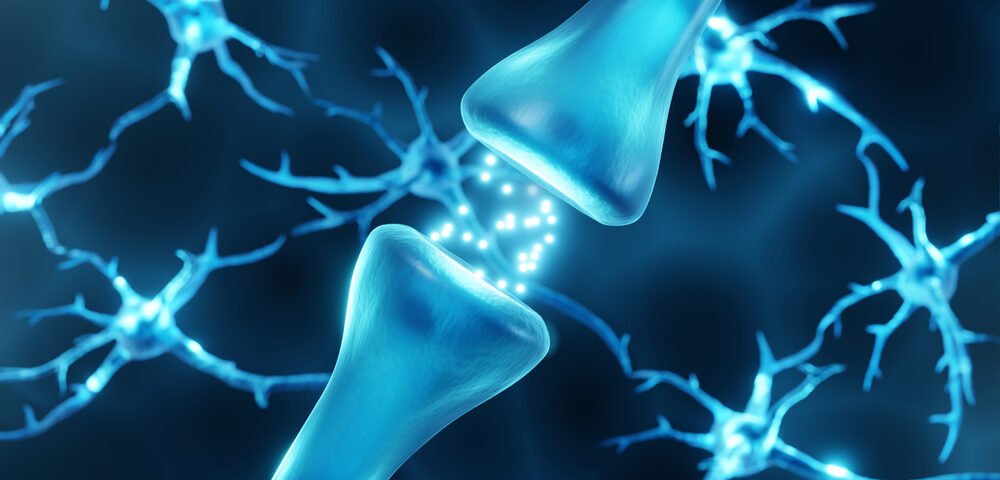
Empowering Communication: Gaming Innovations for Aphasia Rehabilitation
December 6, 2023
Dance Your Way to a Sharper Mind: The Intricate Dance Between Brain and Movement
December 7, 2023Neurotransmitters are vital chemicals that facilitate communication between neurons (nerve cells) in the brain. They act as signals, transmitting information across synapses—the gaps between neurons. Key neurotransmitters like serotonin, dopamine, acetylcholine, and noradrenaline regulate different aspects of brain function:
Serotonin: Known for its influence on mood, sleep, and appetite regulation.
Dopamine: Associated with reward, motivation, and motor control.
Acetylcholine: Essential for memory, learning, and muscle control.
Noradrenaline: Involved in arousal, attention, and stress response.
IMPACT OF DECLINING NEUROTRANSMITTERS ON BRAIN FUNCTION
As individuals age, they may experience a decrease in neurotransmitter levels. This decline can lead to various cognitive and emotional changes, affecting overall brain function:
Cognitive Decline: Reduced levels of acetylcholine and other neurotransmitters can impact memory, learning abilities, and cognitive functions.
Mood Disorders: Alterations in serotonin and dopamine levels may contribute to mood disorders like depression, anxiety, or even bipolar disorder.
Reduced Focus and Attention: A decline in noradrenaline levels can affect attention span, focus, and the ability to stay alert.
FACTORS CONTRIBUTING TO NEUROTRANSMITTER DECLINE
Several factors can contribute to diminishing neurotransmitter levels:
Aging: Natural aging processes can lead to a decline in neurotransmitter production and release.
Stress: Chronic stress can deplete neurotransmitter reserves, impacting mood regulation and cognitive function.
Poor Diet: Inadequate intake of nutrients crucial for neurotransmitter synthesis, like amino acids, vitamins, and minerals, can affect their production.
Lifestyle Habits: Lack of exercise, insufficient sleep, and substance abuse (alcohol, drugs) can disrupt neurotransmitter balance.
PRESERVING BRAIN HEALTH: STRATEGIES FOR MAINTAINING NEUROTRANSMITTER LEVELS
While aging is a natural process, there are strategies to support brain health and maintain optimal neurotransmitter levels:
Balanced Diet: Consuming a diet rich in nutrients like omega-3 fatty acids, antioxidants, and essential vitamins and minerals supports neurotransmitter synthesis.
Regular Exercise: Physical activity boosts neurotransmitter levels, promoting better mood and cognitive function.
Stress Management: Practices like mindfulness, meditation, or therapy can mitigate the impact of stress on neurotransmitter levels.
Adequate Sleep: Quality sleep is crucial for neurotransmitter replenishment and overall brain health.
Supplements and Medication: In some cases, supplements or medications prescribed by healthcare professionals can help restore neurotransmitter balance.
CONCLUSION
Neurotransmitters serve as the backbone of brain function, influencing various cognitive and emotional processes. While a decline in neurotransmitter levels is a natural part of aging, lifestyle modifications and proactive measures can significantly support brain health and function. Prioritizing a healthy lifestyle, proper nutrition, and stress management not only preserves neurotransmitter levels but also promotes overall well-being and cognitive vitality throughout life.
In essence, understanding the impact of neurotransmitter decline underscores the importance of nurturing brain health for a fulfilling and vibrant life.


